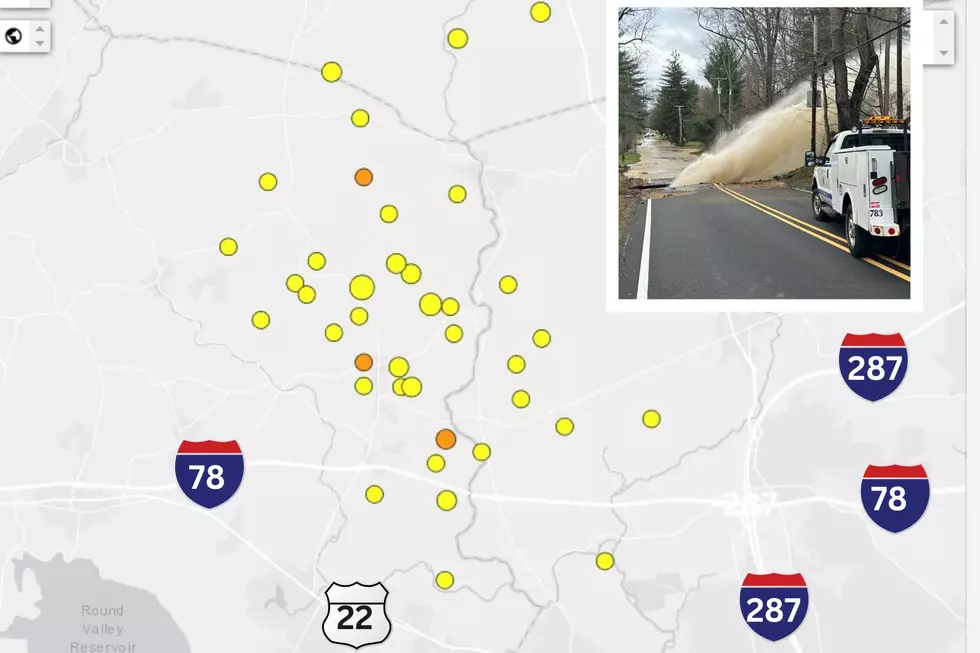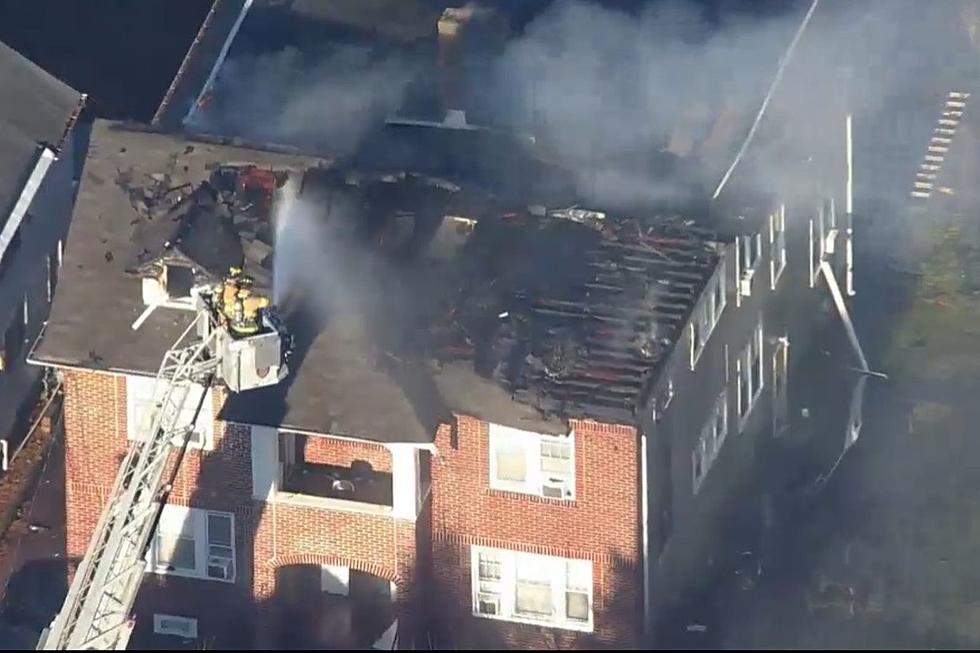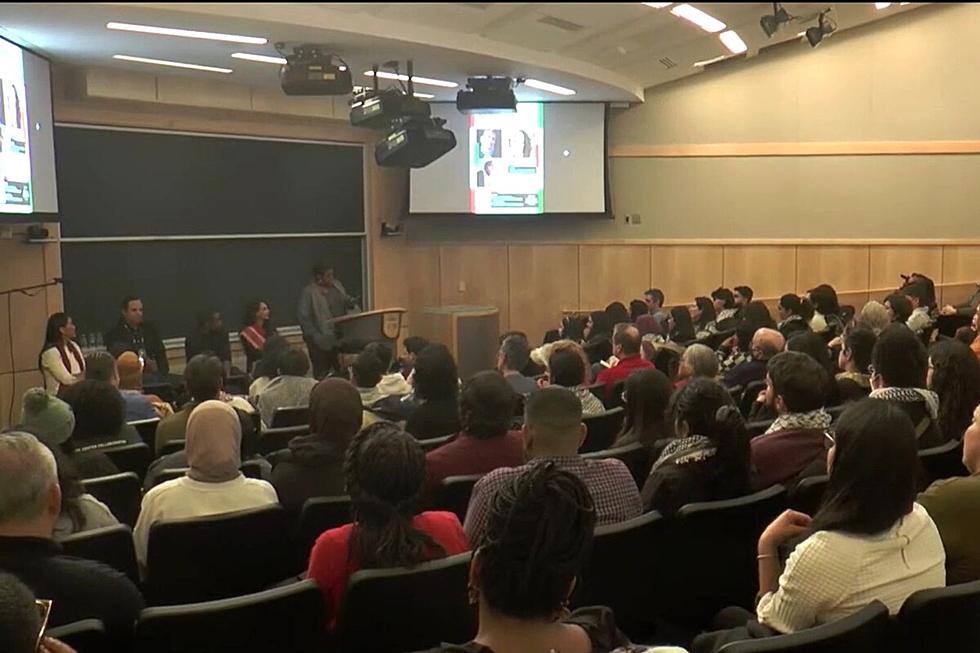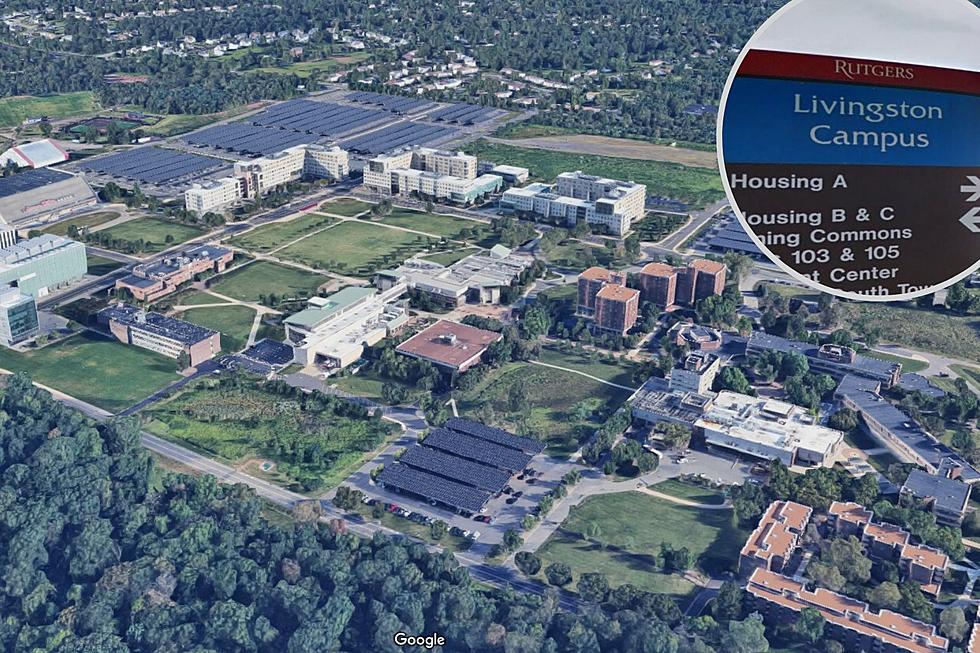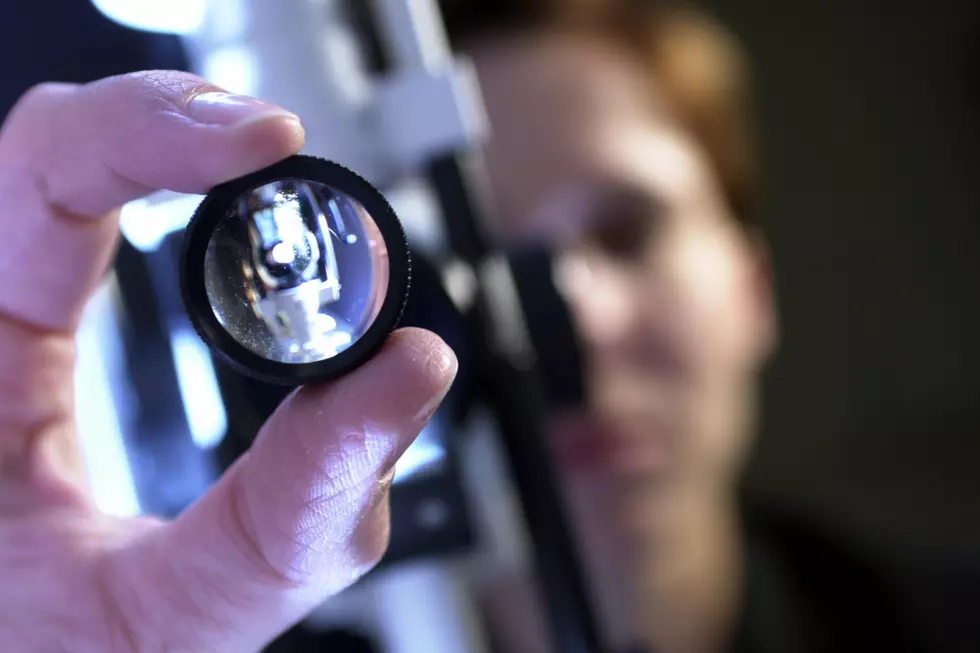
Rutgers creates nation’s first peer helpline for people going blind
Recent studies have shown that a third of people with vision loss suffer from depression and anxiety. This has gone largely unaddressed in the medical community, which has focused more on the practical problems faced by the visually impaired. Now, there's help for those who want it.
Rutgers University has launched the nation's first peer support helpline for the legally blind and their families.
Steven Silverstein, a psychiatry professor and director of research at University Behavioral Health Care, said that at the beginning of vision loss, people have a tough time adjusting physically and emotionally. They experience shock, denial, depression, anxiety as well as relationship problems. There are not a lot of mental health experts who deal with this population so people who are legally blind tend to feel isolated, he said.
The Eye2Eye helpline is staffed 24/7 by peer support specialists. Silverstein said these are people who are legally blind themselves, who have been through all the stages of grief and have learned to cope with their disability. These specialists understand the challenges callers face.
When someone experiencing blindness calls the helpline at 833-932-3931, they can speak to someone who is knowledgeable about vision loss.
Silverstein added that people may want to get a referral or a recommendation for a good eye doctor in their area. They may also be looking for a good support group to join. Many people who call may call in emotional distress. They may not want information at all. They just may want to talk someone.
The program also offers resilience training to promote wellness, strength and self-care. Silverstein said this does not have to be a one-time thing.
"We ask people near the end of that first call if they're interested in having future calls. They can call us, we can call them back," said Silverstein.
More from New Jersey 101.5:
More From New Jersey 101.5 FM
